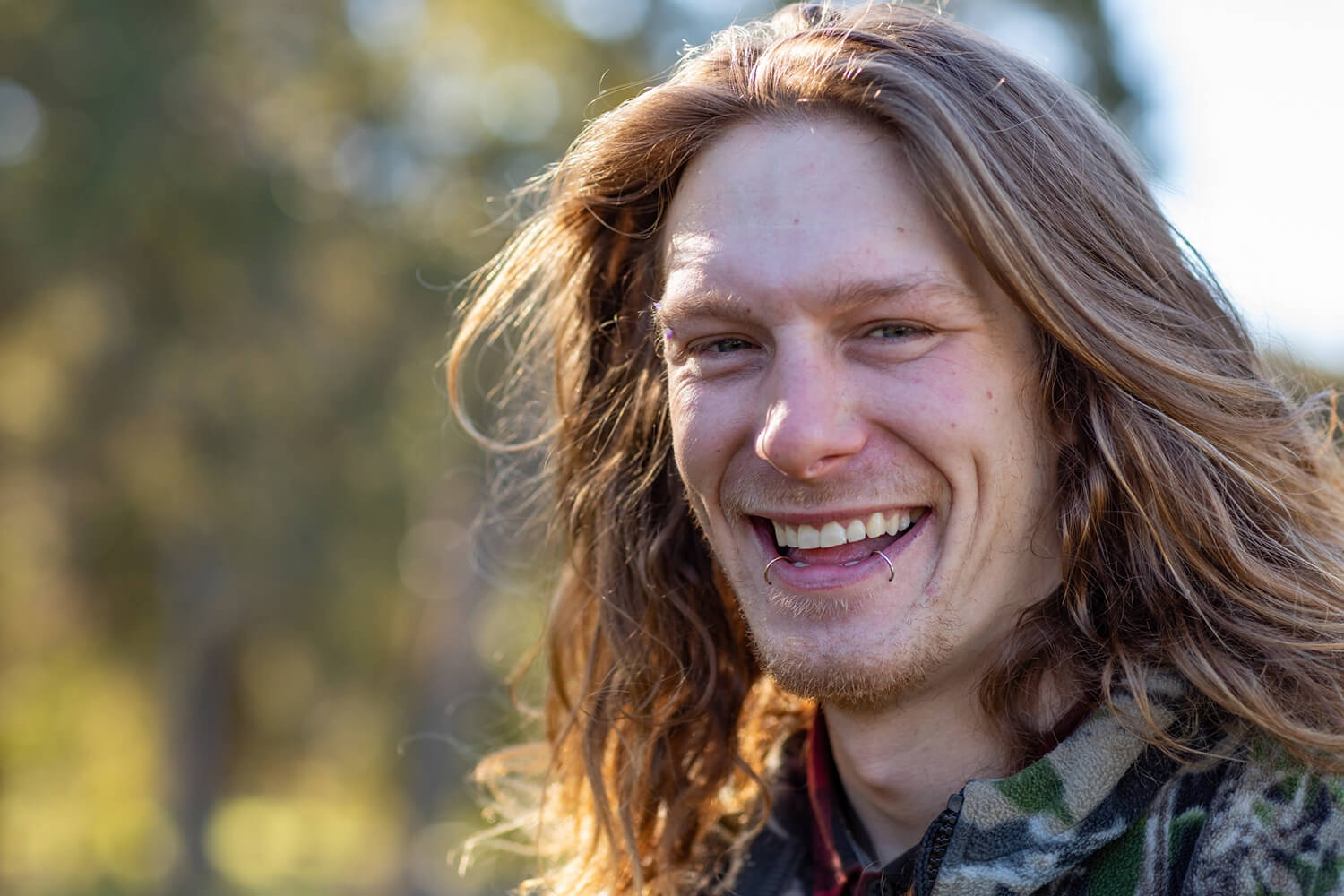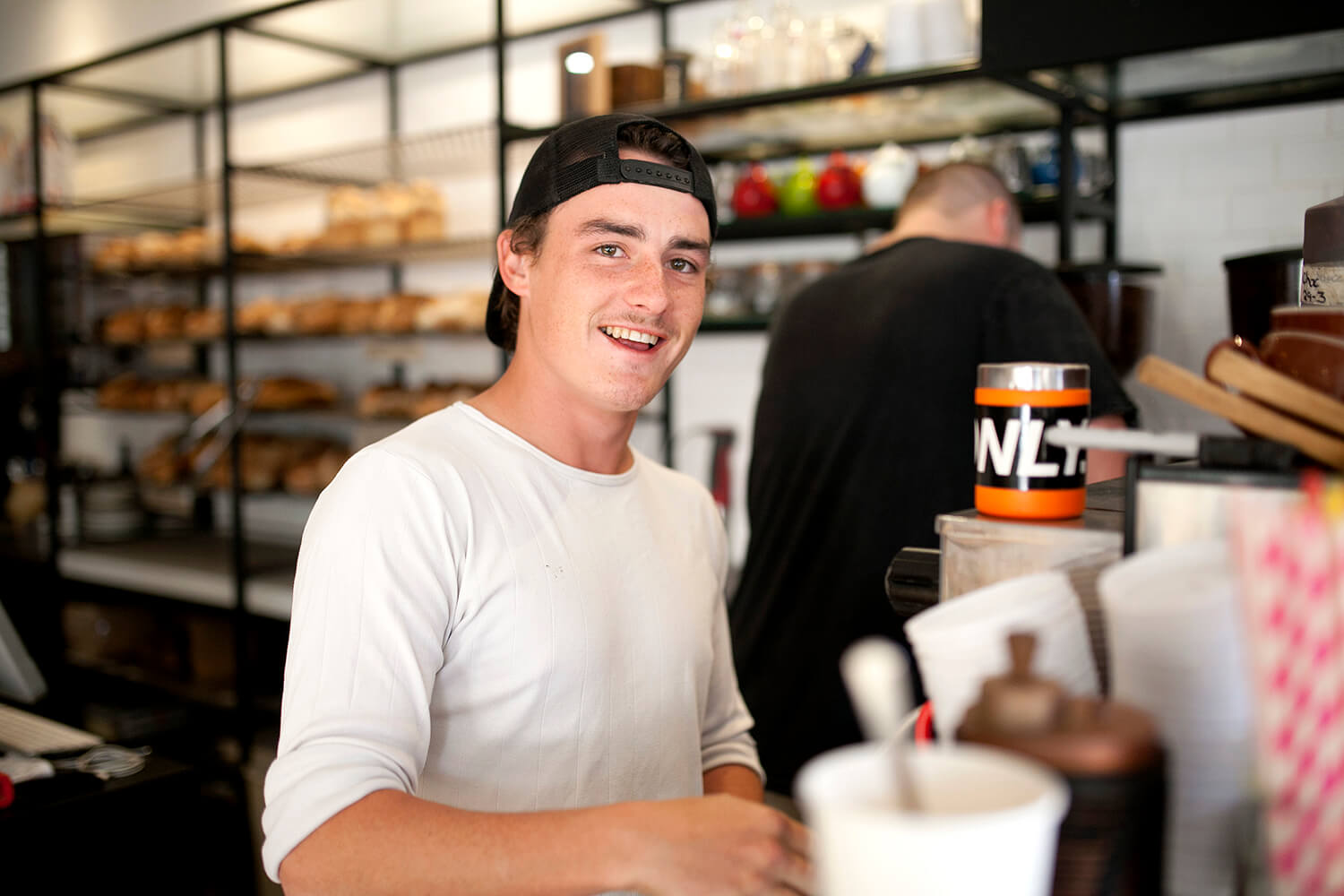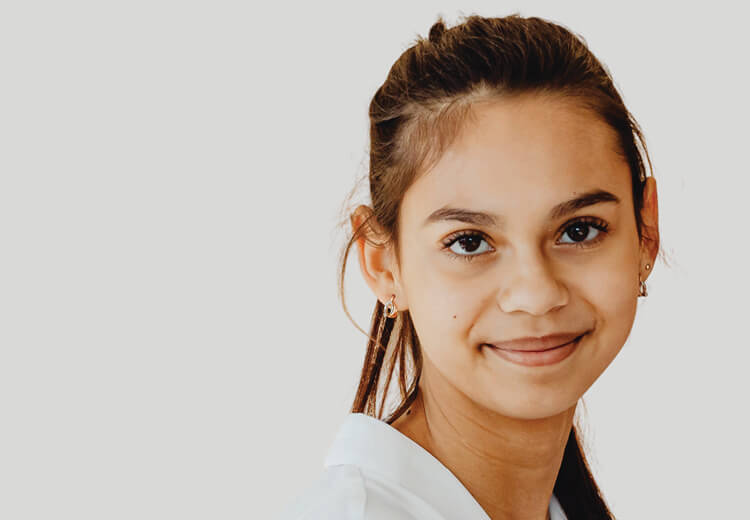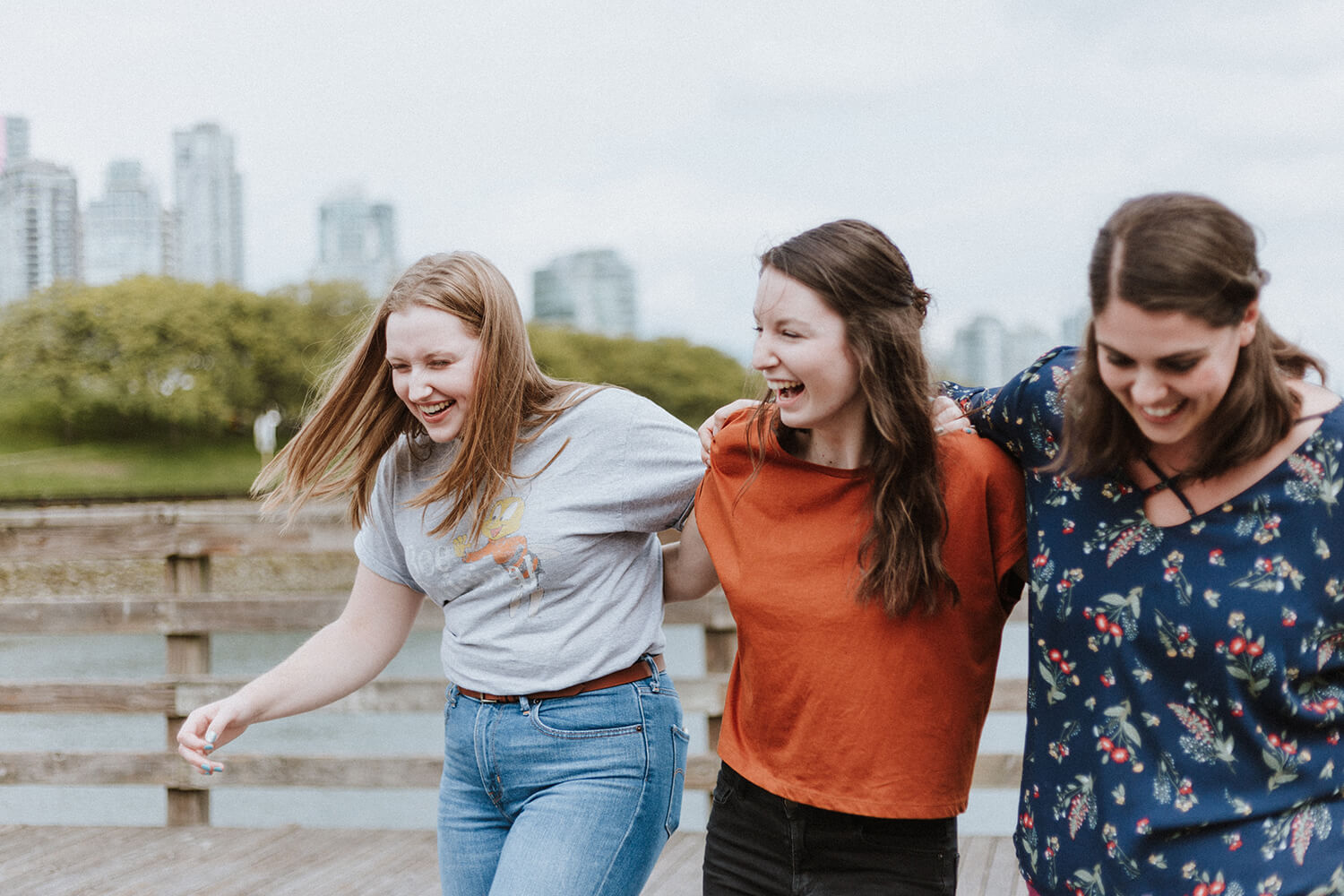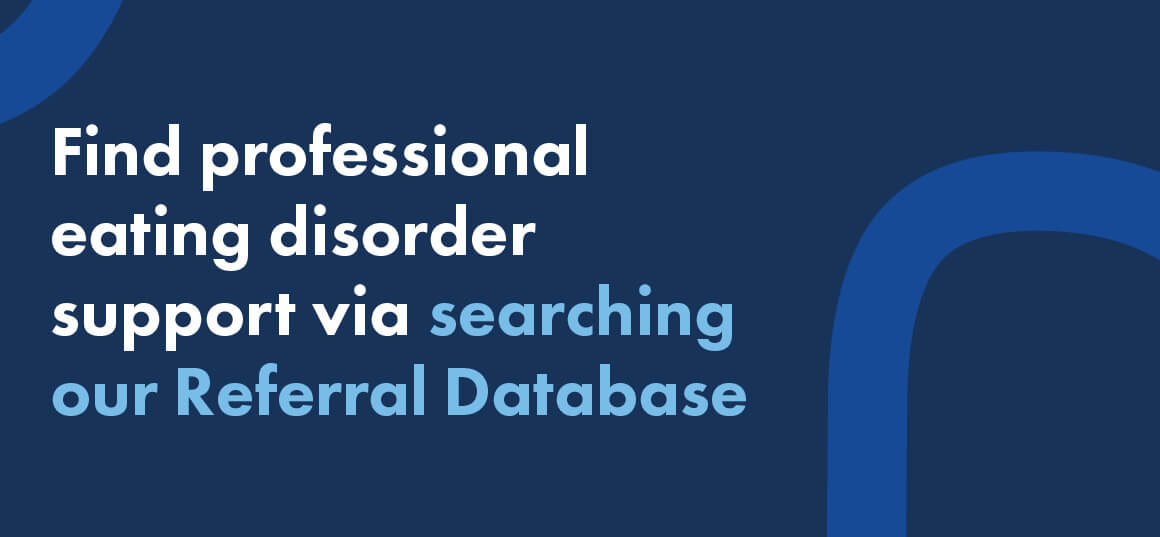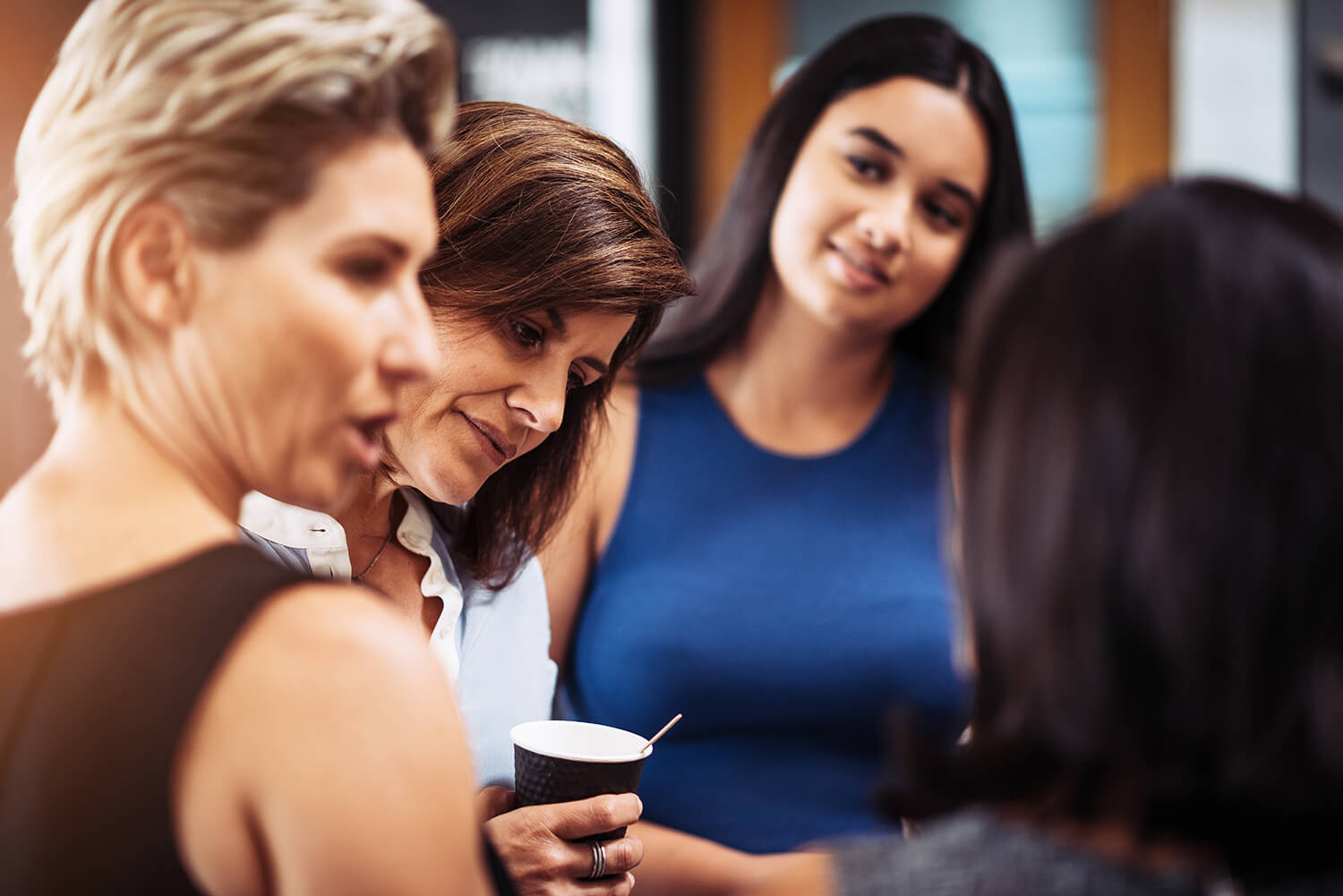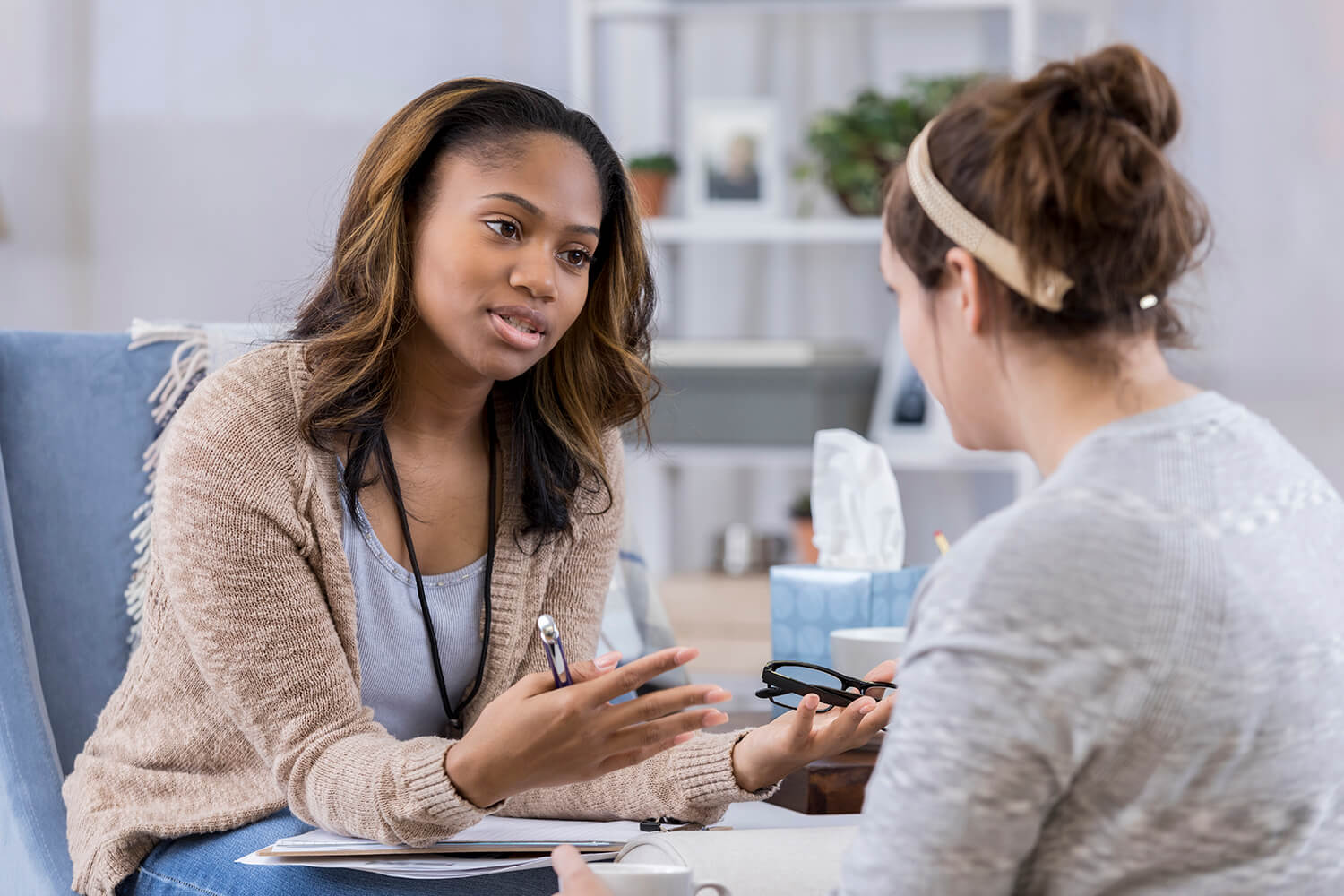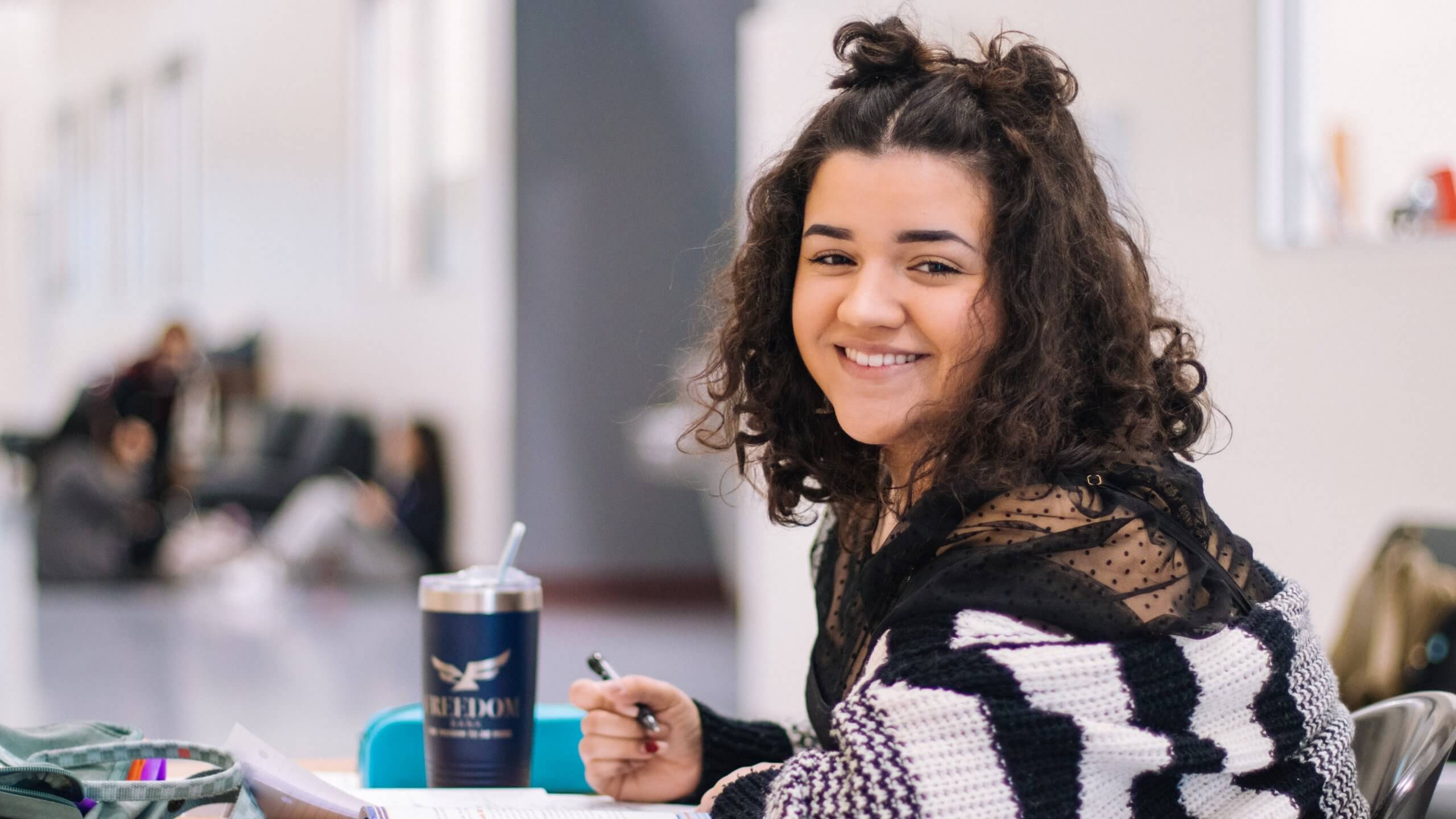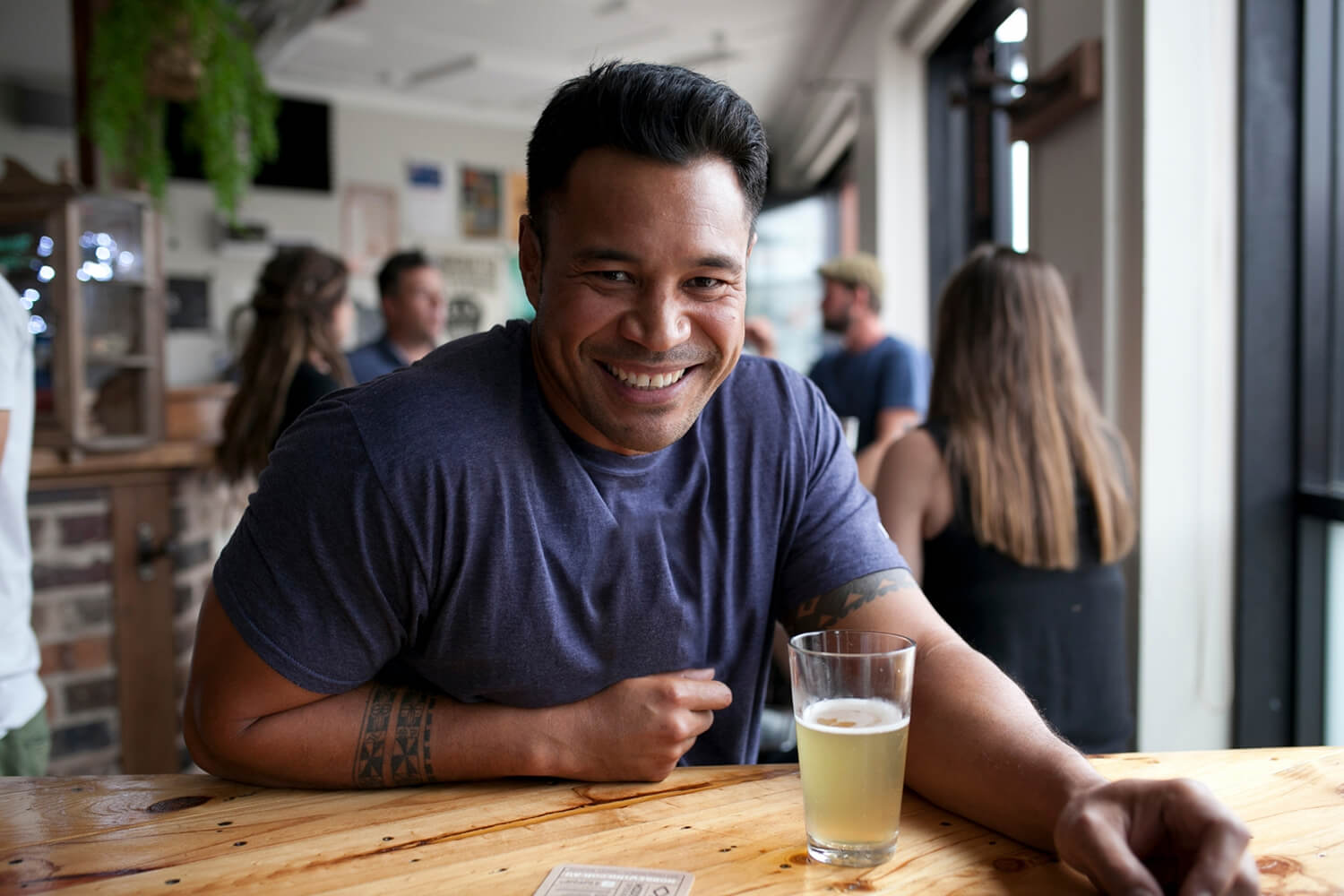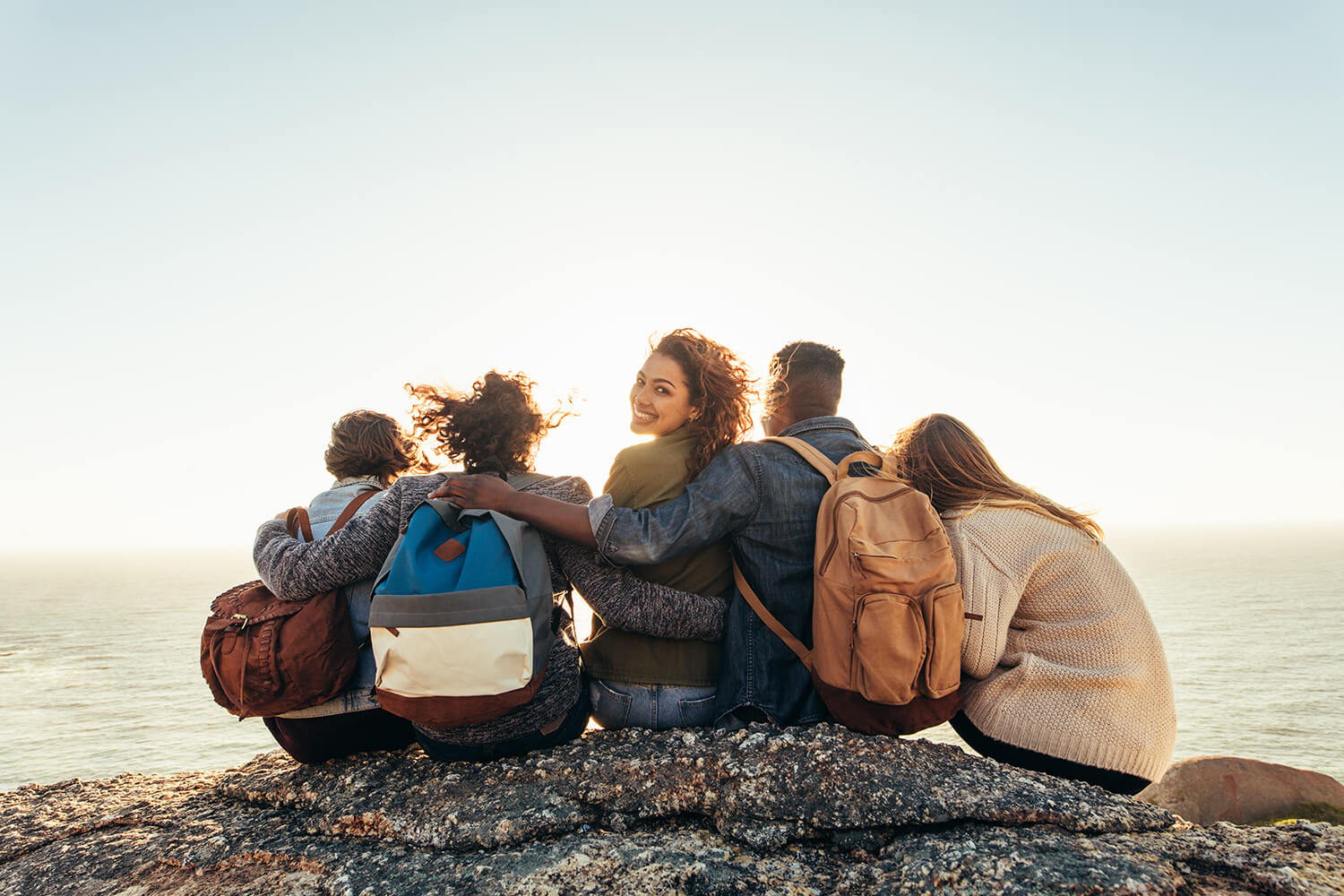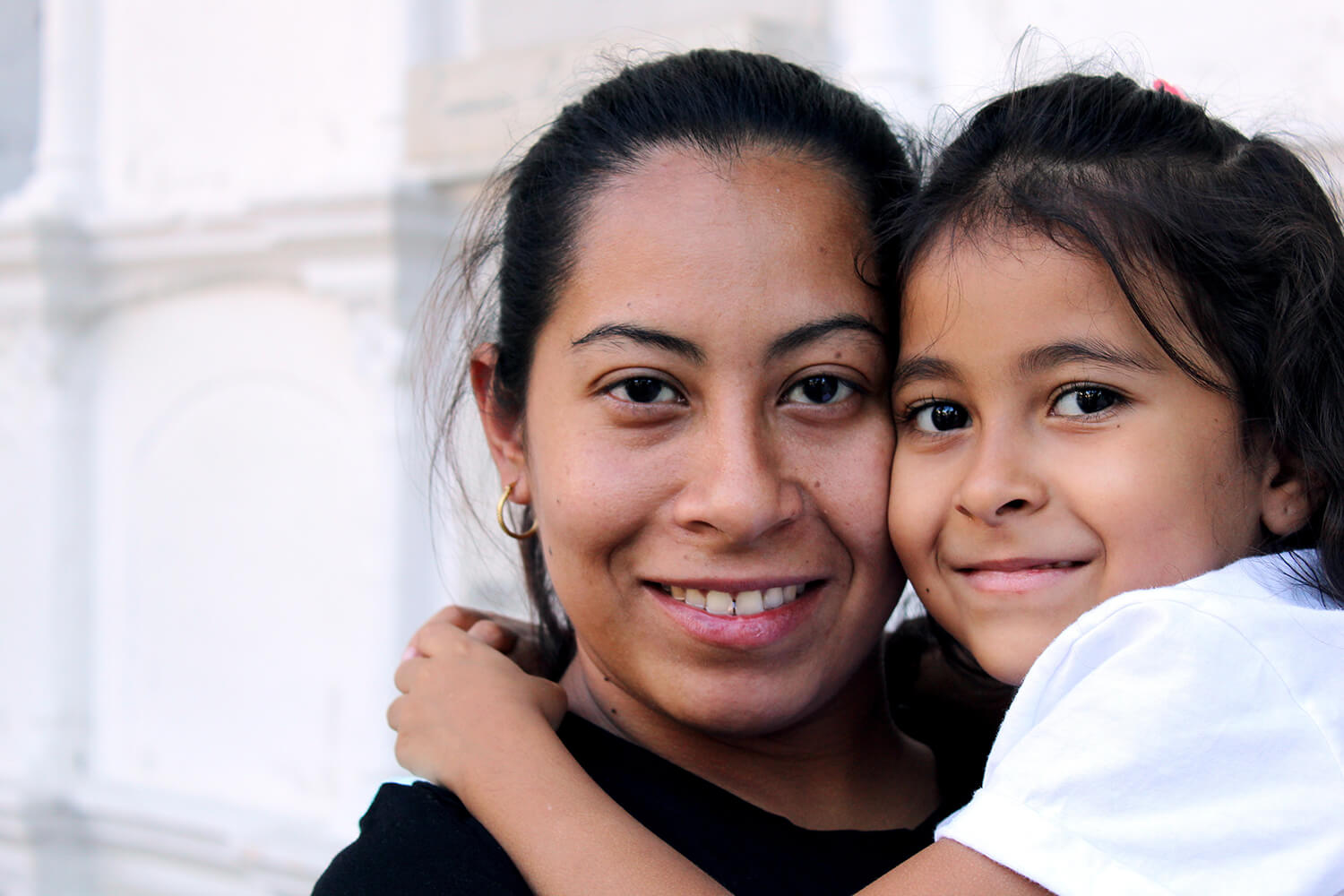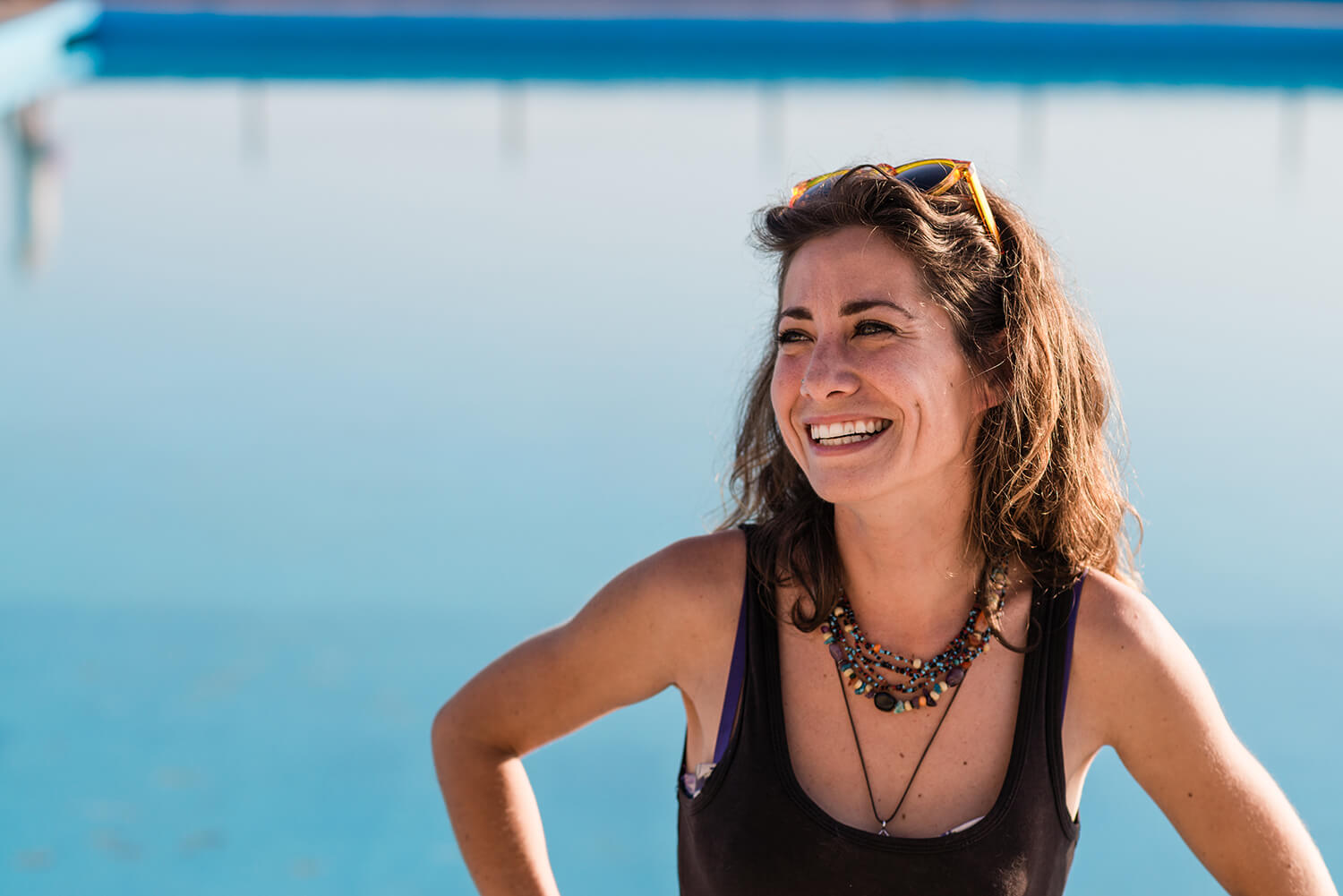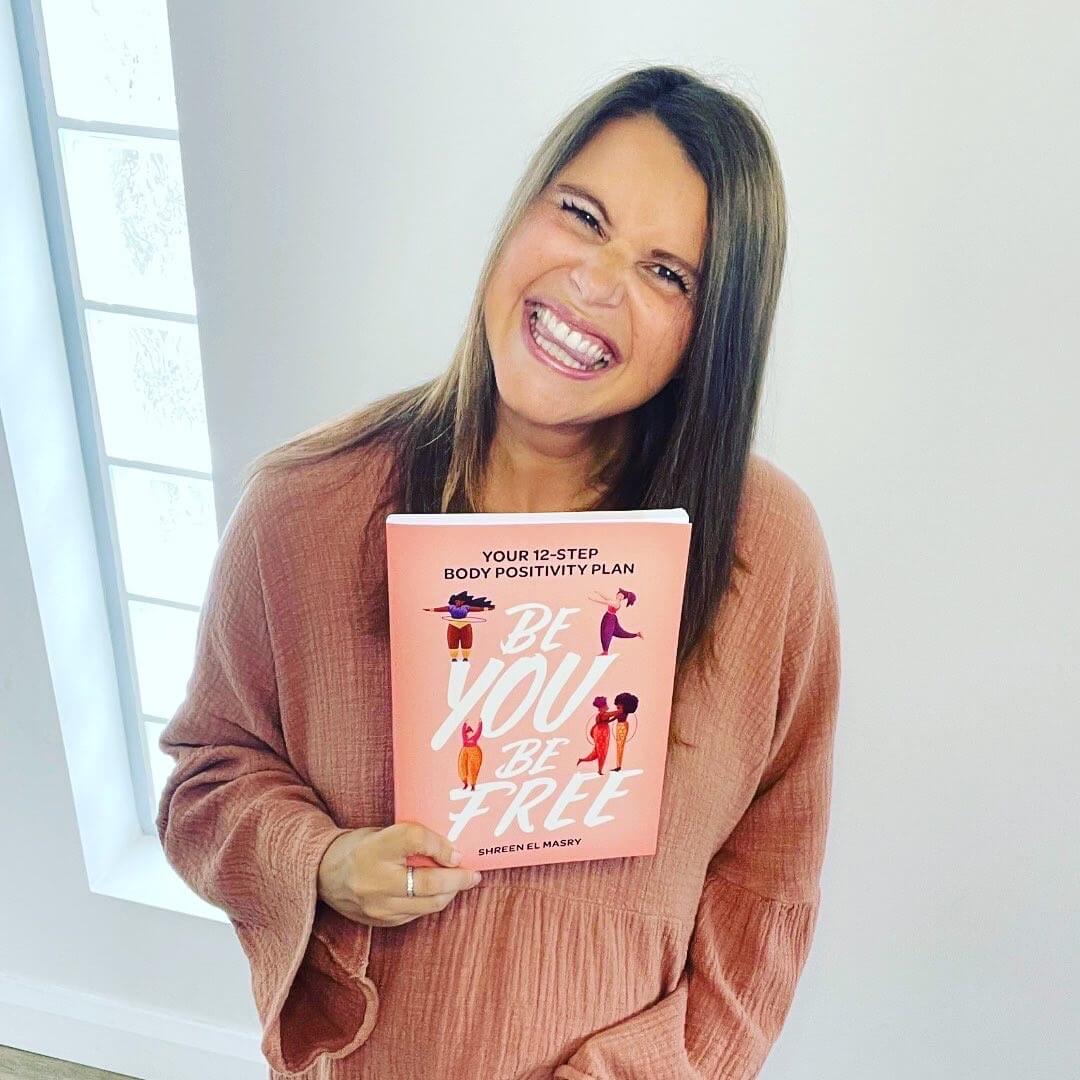Embracing your queerness is about embracing who you are as a whole person
From the time we are born, we begin to absorb the world around us and learn the parameters of our existence. Who we are, what we can be, how we should look, and the spaces we can occupy are all very clearly defined before we even take our first breath.
No one hands you a rule book of how to behave or a map of the paths you’ll take to become who you are. Instead, these rules and guidelines are subtle, ritualistic, and sometimes invisible, but they are ingrained in our social fabric and belief systems.
They’re reflected in the images we consume, the relationships we create, and how we see ourselves reflected in our environment. But what happens when those parameters don’t align with who we truly are? What happens when we can’t see representations of ourselves or who we want to be, and the world tells us we don’t fit in?
Discovering your queerness can often be a terrifying and incremental series of these moments. It happens when you daydream about Gillian Anderson instead of Ryan Reynolds or the first time you shop in the ‘wrong’ gendered section at target. You haven’t done anything wrong, but for some reason, you feel you might get caught, you feel shame, and that makes you want to hide. At this moment, years of invisible rules, expectations and punishment for deviating from the norm all steamroll into the centre of your mind and tell you that you can not be here.
When your entire identity is founded around how you are fundamentally different, you become acutely aware of the parameters surrounding your acceptance and how far away you are from them. At first, they seem harmless. No one will face irreparable damage from being forced to wear a dress or “man up”, right?…..right? But what happens when these harmless belief systems start to hold moral values, define a person’s worth, or maybe access medical treatment? What happens when a person lives in constant fear of being caught?
The LGBTQIA+ community are known for fighting against these norms and expectations. We have built our identities around pride and celebrating who we are, no matter what society thinks. But even within our community, there are expectations about how we should look and act.
A recent survey from the Butterfly Foundation found that over half (54%) of people identifying as LGBTQIA+ believe there is an expectation to look a certain way in the LGBTQIA+ community. This alarming statistic highlights the very real fact that we still have work to do. We cannot make the world a safe space for each other until we make our bodies a safe place for ourselves.
Body image is an issue that affects everyone, regardless of gender identity or sexuality. But for trans, non-binary and gender non-conforming people, it can be even more challenging. Society tells us we should look a certain way based on our assigned gender at birth. We are told that we should have a certain body shape, a certain style of dress, and a certain way of presenting ourselves. It’s exhausting.
We’re constantly trying to fit in so that people will accept us. But the thing is, these pressures don’t just come from outside. We can internalize these ideas as survival tools, which can impact our mental health and well-being. For those whose queerness is only one part of their identity, they face an entirely different arsenal of internalised prejudice, making Pride a complex and evolving concept.
For me, embracing my sexuality was the first step towards feeling pride, but it didn’t end there. My queerness is about more than just who I am attracted to, It’s a political identity. This meant unpacking the ideas I had grown up with and how they impacted how I see myself and the world around me.
Without this understanding, I would have never developed the skills or self-assurance to explore my gender, understand my neurodivergence, or care for my disabled body. My inability to explore these aspects of my identity earlier in life had created harmful habits and limiting ideas about myself, the kind of love I deserved, and how I could reflect that love in my community.
I spent years forcing myself and my body into situations that made me feel as though I was edging closer and closer towards the parameters of acceptance. I never dared to question how I was treating myself or how people were treating me because I was terrified of being caught, observed or seen and what they might find.
To state the obvious, unpacking your identity can be a destabilising process. Understanding how you are participating in the systems that have harmed you requires a lot of resilience, self-awareness, and humility, but it is also incredibly empowering.
When you learn to love yourself as a whole person, you develop the skills to start to see others as the multifaceted human they are and can begin to create a space where others feel empowered to show up as their whole selves.
Our history is full of people who have worked to make a positive change within our community. But we must remember that Pride must include everyone in all their beautiful, multifaceted glory. Whether you’re out and proud or still in the process of discovering your identity, you belong here, your body is yours, and I’m so glad you’re here.
Written by Chantel Le Cross (they/them)
Get support
If you’re experiencing disordered eating, an eating disorder, or body image concerns, or are worried about someone who is, reach out for support as soon as you think something might be wrong.
Butterfly’s National Helpline counsellors receive LGBTIQA+ training and are committed to providing free, confidential and non-judgemental counselling, referrals and information to anyone experiencing an eating disorder or body image issue, as well as their friends and family. We understand that gender and sexuality are complex issues and unique to each individual. We make no assumptions about your story and we do not discriminate.
Call 1800 ED HOPE (1800 33 4673), chat online or email support@butterfly.org.au | Available 7 days a week, 8am-midnight (AEST/AEDT).
Qlife also provides anonymous and free LGBTQIA+ peer support and referral for people in Australia wanting to talk about sexuality, identity, gender, bodies, feelings or relationships. Call 1800 184 537, 3pm-midnight, 7 days a week.
Further reading and resources
- Butterfly’s Body Pride campaign
- The Body Pride Resource Hub – Resources, tips and advice specifically for LGBTQIA+ individuals experiencing eating disorders and body image concerns.
- Podcast episode: All about #BodyPride as an LGBTQIA+ human
- How eating disorders impact LGBTQIA+ individuals
- Minus18 – LGBTQIA+ support for youth focusing on life-affirming social inclusion, education, advocacy, and youth empowerment.
- LGBTIQ+ Health Australia – the national peak health organisation in Australia for organisations and individuals that provide health-related programs, services and research focused on the LGBTIQ+ community.




